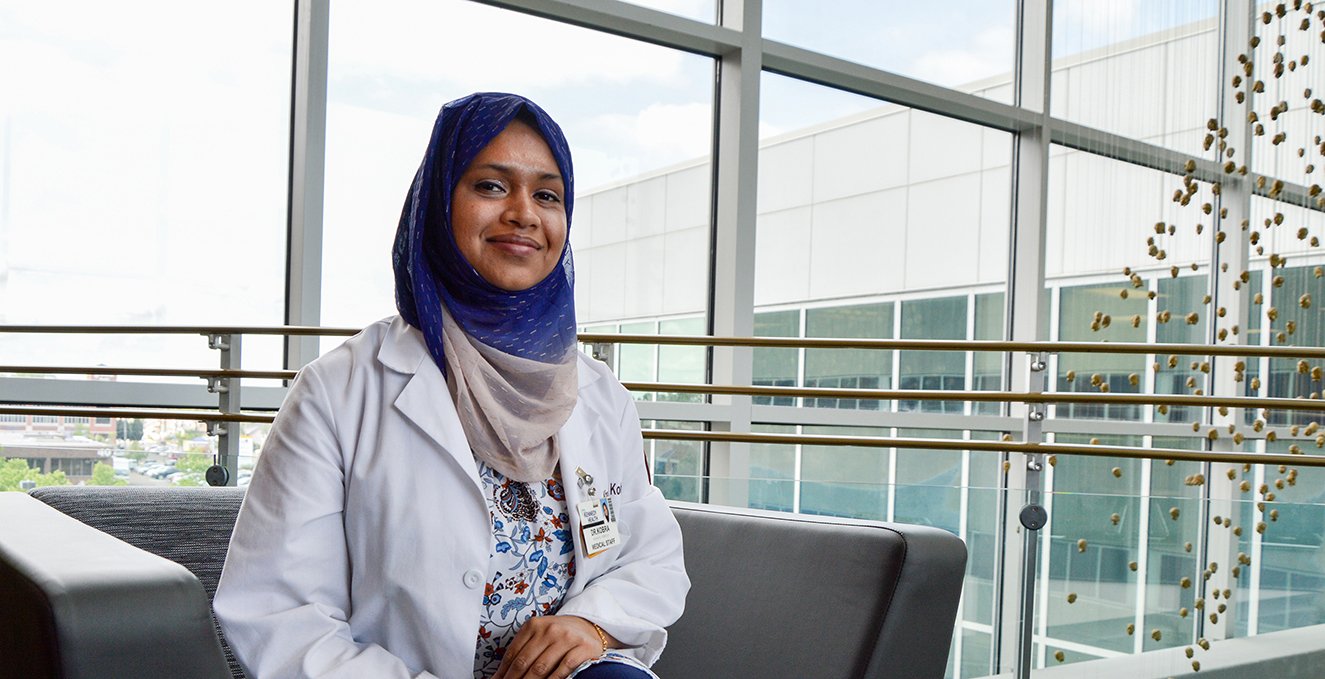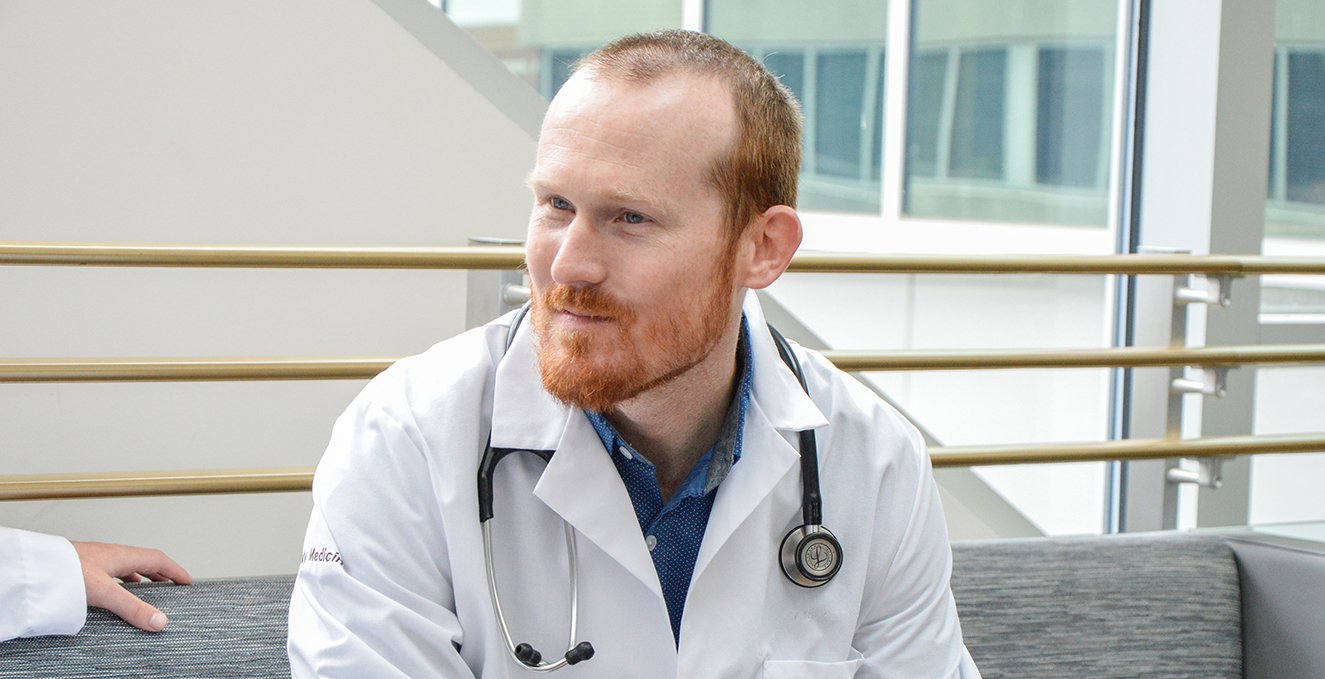General Psychiatry
During the four-year psychiatry program, our residents are exposed to a wide range of clinical experiences, patient populations, and treatment settings across the gambit from rural to urban centers. We are committed to providing mentorship and interprofessional education for the next generation of physicians while serving the behavioral health needs of heterogeneous South Jersey communities. Residents participate in diverse specialty rotations and have the capacity to pursue research and scholarly work as well as attend conferences, professional meetings, and presentations to suit their medical interests.
Rotations
The residency program partners with myriad health systems, community care centers, and private practices, including Virtua Our Lady of Lourdes Medical Center, Oaks Integrated Care, Ancora Psychiatric Hospital, Jefferson Health New Jersey, Hampton Behavioral Health Hospital, the U.S. Department of Veterans Affairs (two locations), and the New Jersey Institute for Successful Aging (NJISA). Through these collaborations, residents have unique opportunities to treat patients of all ages from diverse backgrounds, cultures, and economic standings.
PGY 1
- Medicine - 4 months
- Psychiatry - 7 months
- Neurology - 2 months
PGY 2
- Acute Inpatient Psychiatric Care
- Consultation & Liaison
- ECT
- ER/Crisis Center Care
- Elective Time
PGY 3
- Child/Adolescent Inpatient care - 2 months
- ECT - 1 month
- Inpatient Psychiatric care at Ancora State Hospital - 4 months
- Substance Abuse - 1 month
- Geriatrics - 1 month
- Elective Rotations - 3 months
PGY 4
Fourth year psychiatry residents participate in a full year’s experience in outpatient clinical settings in both office-based environments and community mental health programs.
Office-Based Practice
In the Department of Psychiatry’s suburban office in Mount Laurel, NJ, residents receive and build a robust caseload and are responsible for initial psychiatric evaluations and follow ups in both designated psychopharmacology and psychotherapy clinics. The psychopharmacology clinics are directly supervised by attending physicians, and the psychotherapy sessions are indirectly supervised.
Outpatient Community Health
Each resident is assigned to one community mental health center for the year. On these rotations, residents are vital members of multidisciplinary teams that optimize patient care. Residents are exposed to a large variety of psychopathology in these clinics, and special emphasis is place on the treatment of underserved populations and persons who are severely and persistently mentally ill. On-site attendings provide supervision and teaching.
Conferences and Didactics
The program offers countless opportunities to increase medical knowledge and improve clinical skills throughout the residency. Structured didactic time is protected and provided weekly to residents at all levels, with varied formats, including lectures, discussions, and case conferences.
Clinical faculty and invited guest speakers present enriched material, and residents actively create and deliver presentations to their fellow residents as well as to residents of other programs. Residents are also strongly encouraged to attend and present at professional society/association conferences locally, regionally, and nationally.
Didactics focus not only on psychopathology and treatments, but also on practical life, career skills and mentoring.





